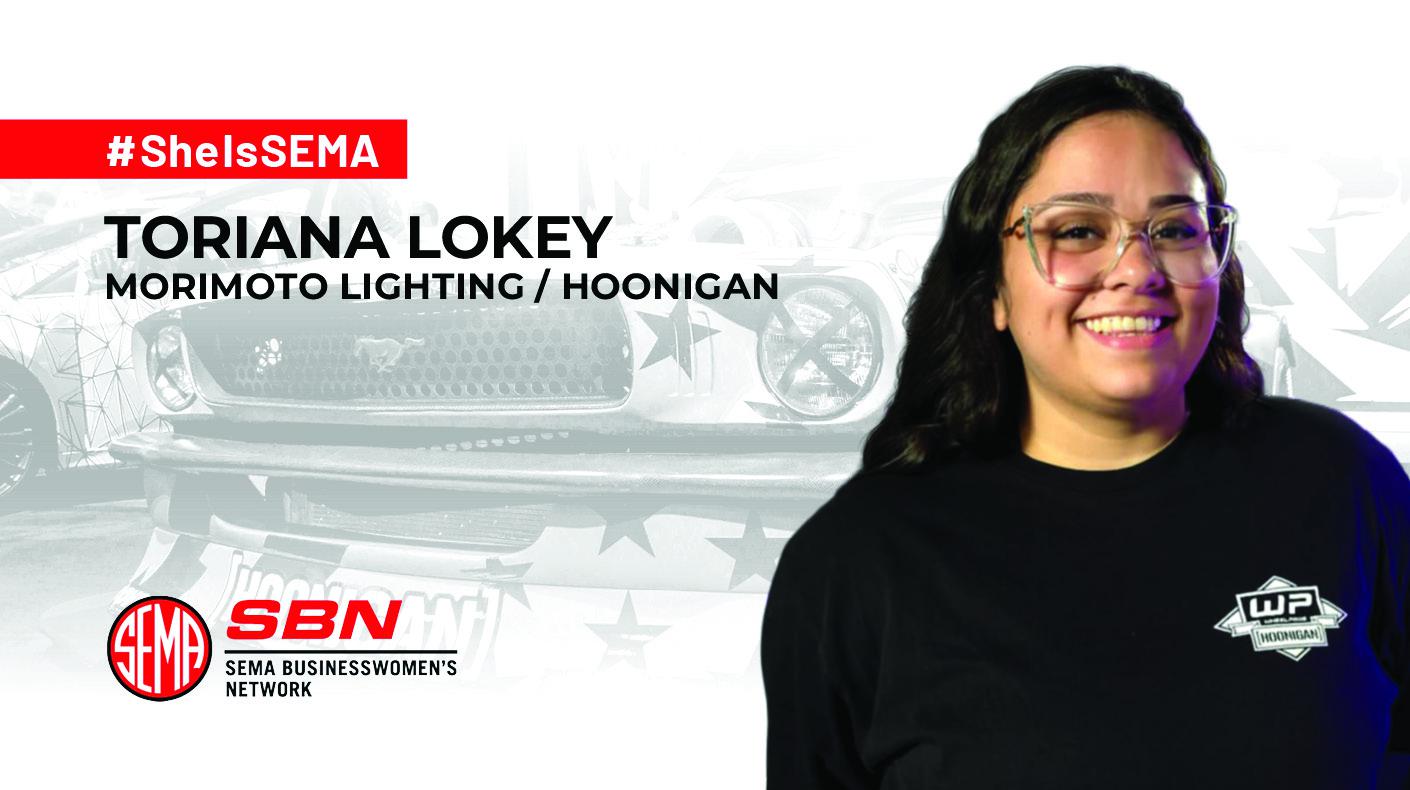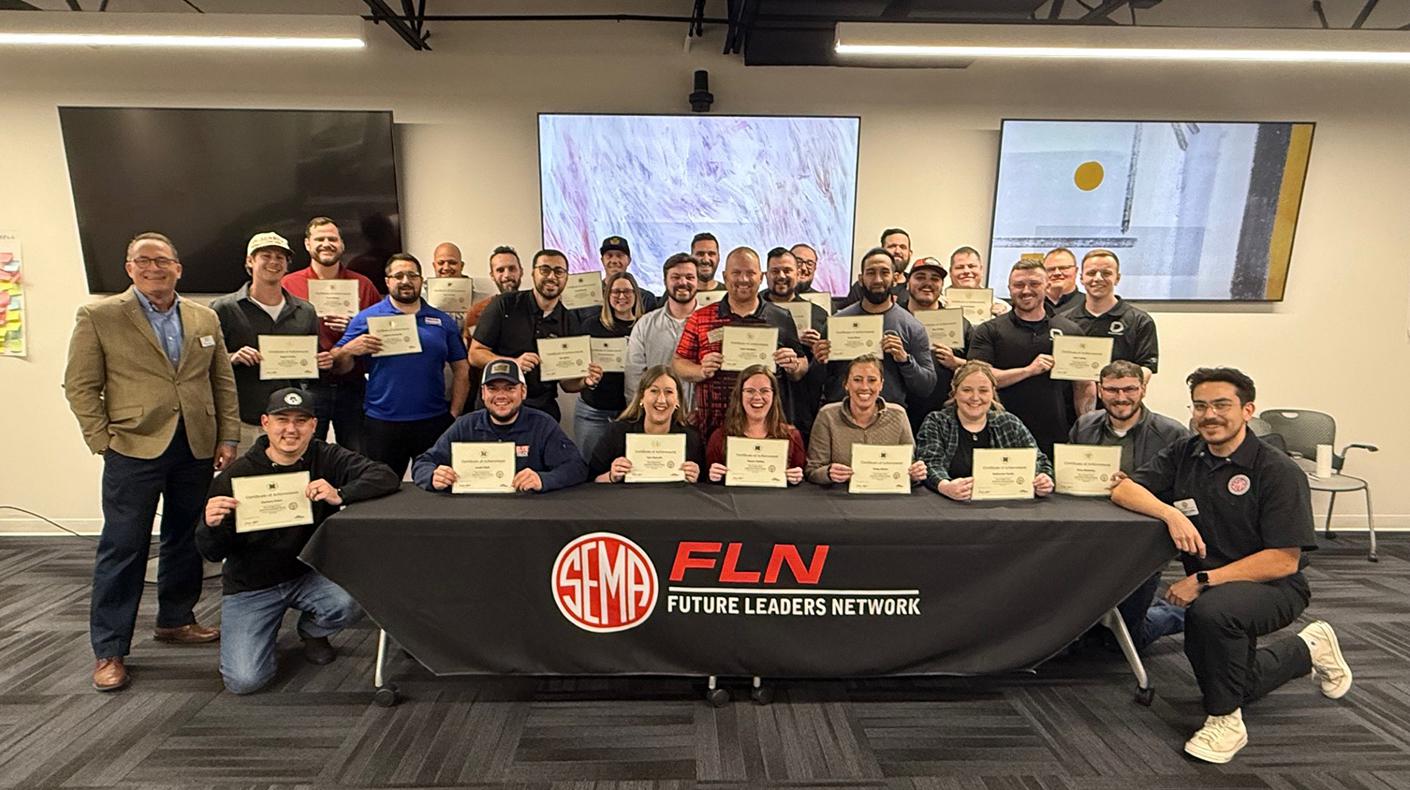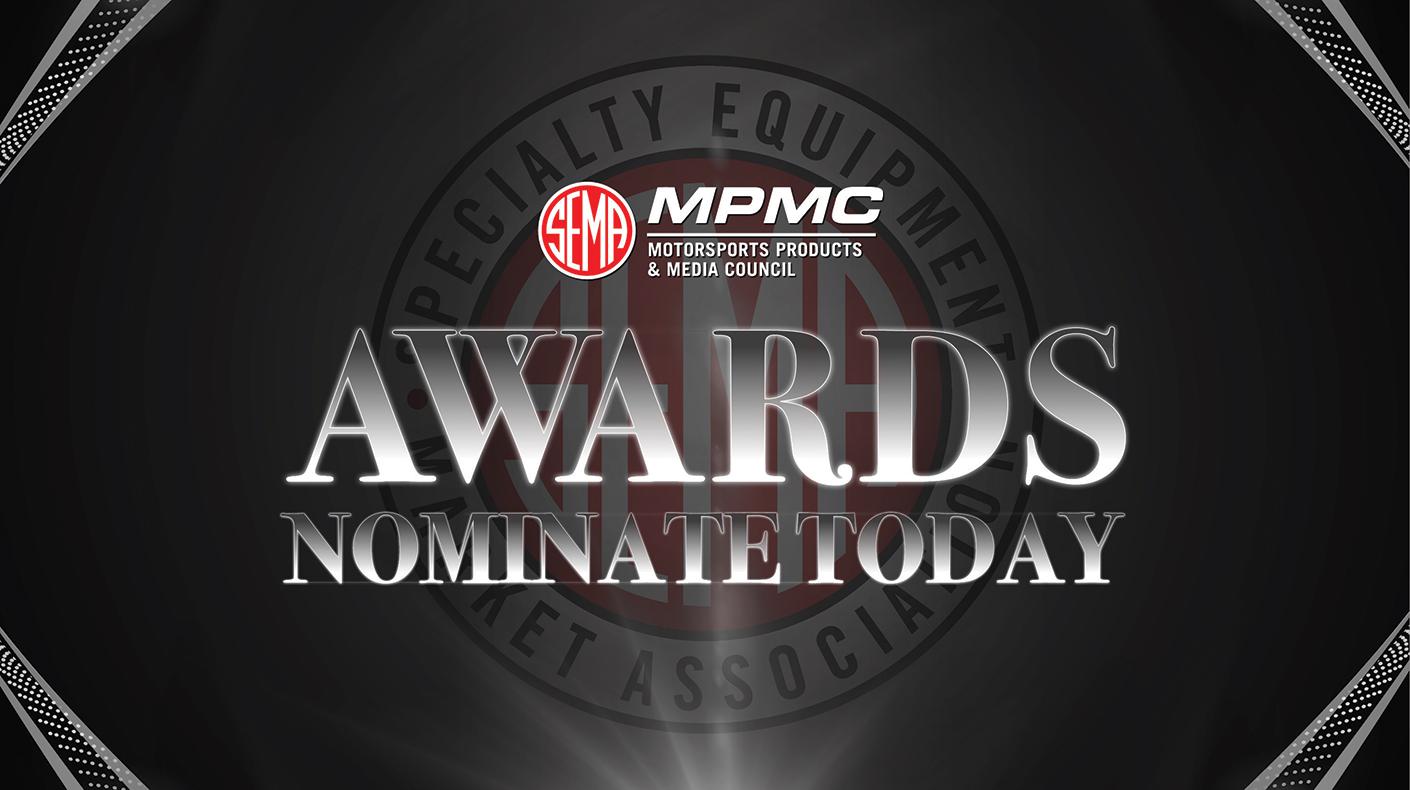 |
|
| Known as the “Tag & Title Toolbox,” the SEMA Action Network's new compilation of state laws and regulations governing specialty motor vehicles adds key administrative forms that
can be printed for titling and registering specialty vehicles at DMVs
nationwide. |
Originally released five years ago, the compilation is a one-stop shop for state resources listing each state’s specialty-vehicle definitions, registration and titling provisions, inspection criteria and other requirements and exemptions. Known as the “Tag & Title Toolbox,” the new compilation not only updates the 2005 version, but also adds key administrative forms that can be printed for titling and registering specialty vehicles at DMVs nationwide. Information on state emissions-inspection programs has also been added. “Tag & Title Toolbox” can be found online at www.semasan.com.
The term “specialty vehicle” includes the following vehicle classes: ancient, antique, assembled, classic, collectible, collector, custom, exhibition, historic, homemade, horseless carriage, kit, modified, parade, parts, rebuilt, reconstructed, replica, show, special interest, specially constructed, street cruiser, street rod and vintage. Given that a uniform system for defining such specialty vehicles does not exist among the states, applicable definitions for each state are listed separately at the beginning of each state’s document to clarify the language in the statutes and regulations.
“For years, the SEMA Government Affairs office has utilized this resource to research the statutes in order to identify states that would benefit from SEMA-model titling and registration legislation,” said SEMA Vice President of Government Affairs Steve McDonald. “Using these statutes as an informational resource and reference tool, we drafted legislation to create new titling and registration classes for street rods and custom vehicles, including kit cars and replicas. Versions of this model legislation have since been enacted in 21 states across the country.”
The information is current for 2010 but subject to change in the future. SEMA advises members to also directly consult the statutes and regulations for states of interest to ensure the accuracy of the information. “SEMA members can use this resource to determine their state’s specific specialty-car requirements and relay this information to their customers,” McDonald added.





